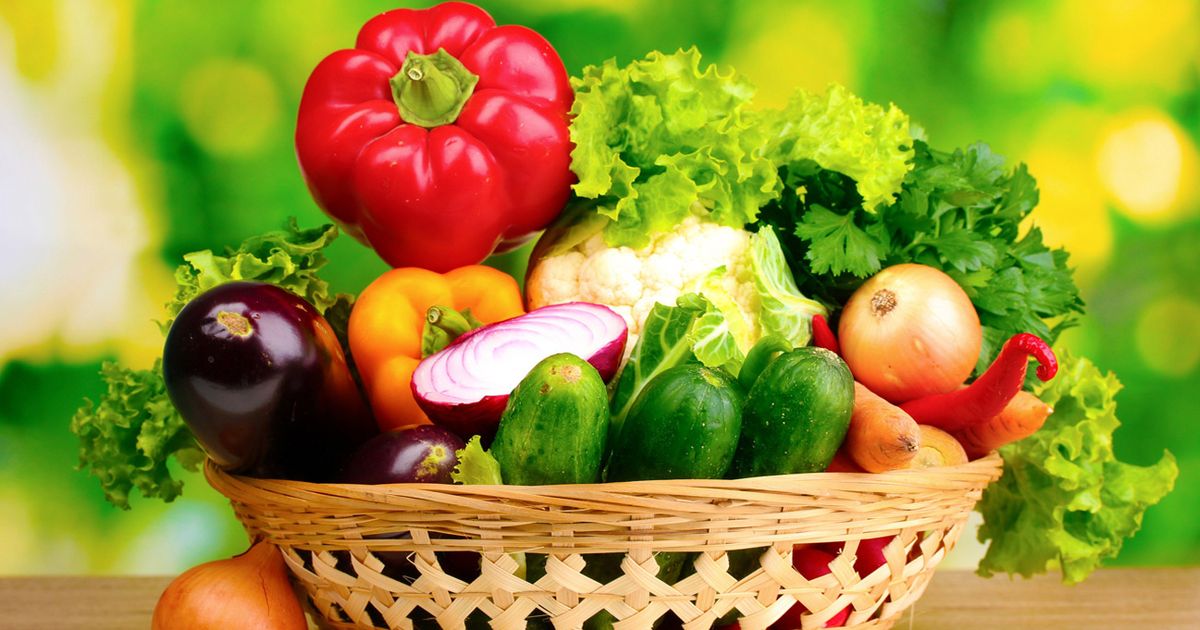The Truth About The Alkaline Diet
It’s All About The Food

As previously mentioned, this diet consists of mostly whole fruits and vegetables, soybeans and tofu, and some nuts, seeds, and legumes, which are all alkaline-promoting foods. Fresh fruits and vegetables that also promote an alkaline-rich diet include mushrooms, citrus, dates, raisins, spinach, grapefruit, tomatoes, avocado, summer black radish, alfalfa grass, barley grass, cucumber, and kale. Jicama, wheat grass, broccoli, oregano, garlic, ginger, green beans, endive, cabbage, celery, red beet, watermelon, figs, and ripe bananas are also alkaline-rich foods. Ideally, participants are encouraged to consume a good portion of their produce raw, as well as organic, as uncooked fruits and vegetables are believed to be biogenic or 'life-giving,' as cooking foods deplete alkalizing minerals found in these foods.
Plant-based proteins that are part of this diet include almonds, navy beans, and lima beans. The majority of other beans are great choices for protein, as meats are largely discouraged to be ingested. Alkaline water that has a pH of nine to eleven, such as distilled water is encouraged, as opposed to tap water or purified bottled water. Green drinks made from green vegetables and grasses rich in chlorophyll are highly encouraged to help alkalize the blood as well.
Continue reading to learn which foods you cannot eat while following the alkaline diet.